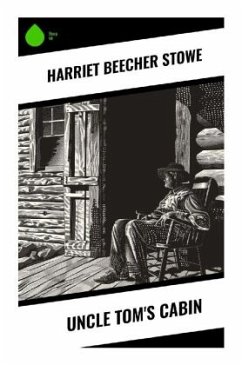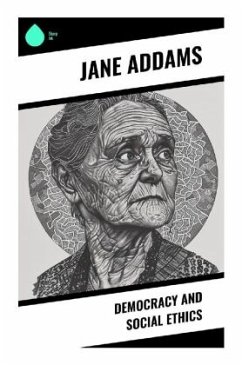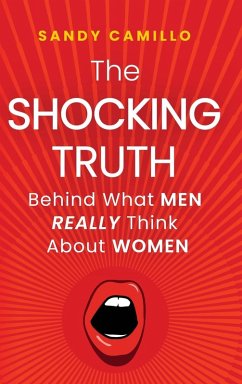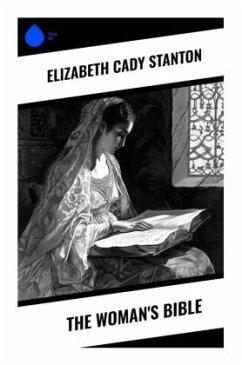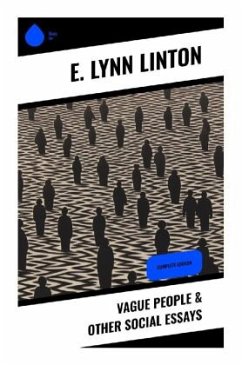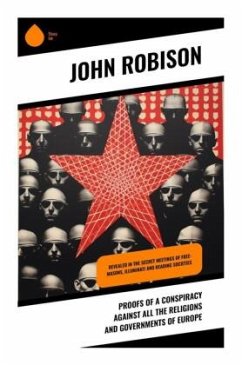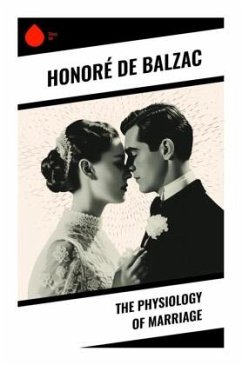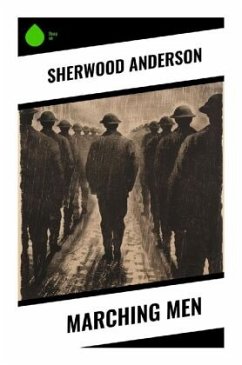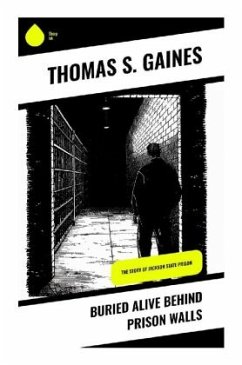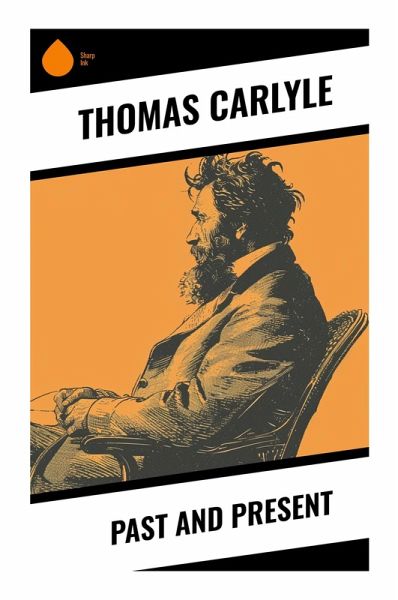
Past and Present
Versandkostenfrei!
Versandfertig in 6-10 Tagen
12,50 €
inkl. MwSt.

PAYBACK Punkte
0 °P sammeln!
In "Past and Present," Thomas Carlyle delves into the intricacies of society and the human condition, juxtaposing the ideals of the past with the often disillusioning realities of his contemporary Victorian England. The book is marked by Carlyle's characteristic prose-a blend of distinctively flowing narrative and incisive commentary-allowing readers to engage deeply with his philosophical inquiries into history, work, and morality. Through employing a unique style that merges history with personal reflection, Carlyle critiques modernity's reliance on materialism, presenting a vision for a mor...
In "Past and Present," Thomas Carlyle delves into the intricacies of society and the human condition, juxtaposing the ideals of the past with the often disillusioning realities of his contemporary Victorian England. The book is marked by Carlyle's characteristic prose-a blend of distinctively flowing narrative and incisive commentary-allowing readers to engage deeply with his philosophical inquiries into history, work, and morality. Through employing a unique style that merges history with personal reflection, Carlyle critiques modernity's reliance on materialism, presenting a vision for a more virtuous society reminiscent of bygone eras. Carlyle, a prominent figure of the Victorian literary scene, drew upon his own experiences and contemplative nature to craft this work. His background as a historian, along with a keen interest in social justice and economics, inspired his exploration of the inadequacies of contemporary societal structure. With a passionate voice that embodies reformist fervor, Carlyle's observations are a reflection of his time, yet resonate with universal themes unfamiliar to audiences throughout history. For readers interested in the philosophical underpinnings of societal evolution and the interplay between historical nostalgia and present-day challenges, "Past and Present" is a compelling read. Carlyle's urgency in advocating for moral recovery and meaningful labor presents a resonant call to arms-inviting each reader to engage with their own role in shaping the future.



